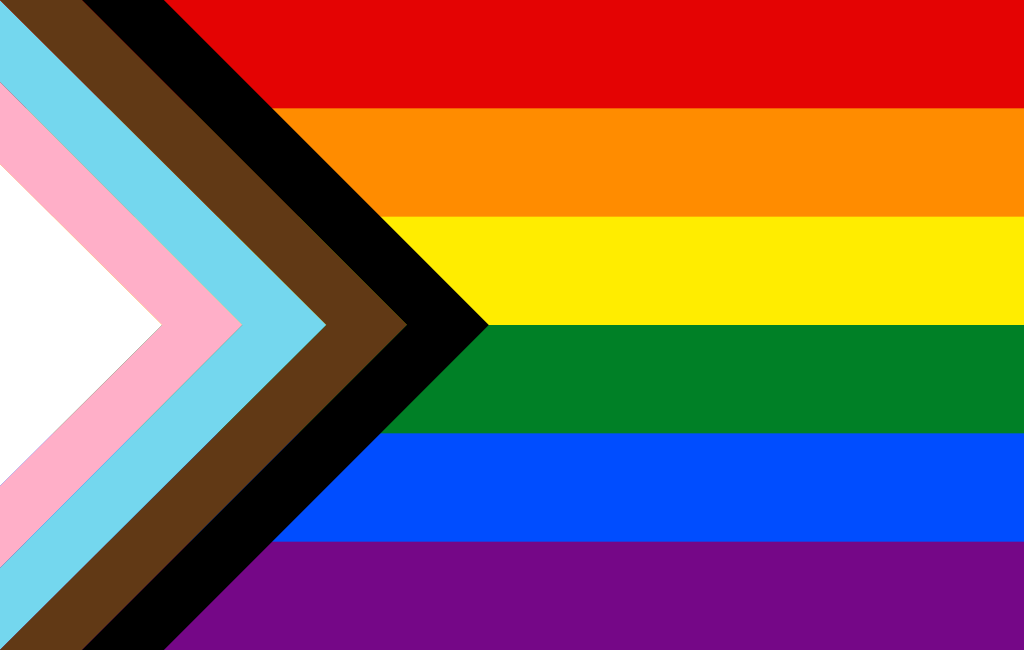This Men’s Health week, we sit down with Dr. Mark Halloran, a distinguished psychologist
with a PHD in neuroscience, whose profound expertise extends to the nuanced landscape of
men's mental health.
Men's mental health struggles are often exacerbated by social standards that discourage
vulnerability and emotional expression. In fact, the Australian government found that only a
quarter of men were prepared to seek professional help for their mental health struggles
(Ten to Men Longitudinal Study, 2020).
Dr. Halloran's unique experience provides a valuable perspective on the topic, including
advice to help men and their loved ones face these specific mental health challenges:
From your experience, what are some specific mental health challenges that men
commonly face? (and if relevant, it would be interesting to hear why you think these
challenges might occur eg. societal expectations)
I suppose it’s important to acknowledge that when it comes to men and women there are
generally more within-group differences than between-group differences. Both men and women tend to suffer from the same high prevalence mental health issues such as anxiety and depression, although on average at different rates – and this may be due to a range of factors including that women are more likely to be diagnosed as they are more likely to seek support in the first place. Men and women struggle with many of the same issues; childhood trauma and neglect, beliefs of ‘not being good enough’ and ‘not being worthy’ and issues related to relationships and attachment. However, on average men do struggle more to recognise their emotions (these may even be the physiological feelings of anxiety) and this is known as normative male alexithymia. The common explanation for this is that boys start with the same emotional expressive abilities and are taught by social and cultural factors that this isn’t socially accepted as they grow into young men.
As a young man, I struggled to express myself emotionally, particularly in relation to grief and felt that something was ‘broken’ inside me due to the lack of expression – I remembered as a child the cathartic release of crying (I sometimes envy my 6-year-old son his ability to express wholehearted sadness). I was
raised in a stoic Irish Catholic farming family and I can remember being at my grandfather’s funeral when I was 11 years old and my uncles taking me aside and saying to me ‘don’t you cry, you must be strong’. My uncles were wonderful, loving men who were great role models but I always felt that these lessons had somehow inhibited my ability to express my emotions. Only recently after I read a book called Testosterone by Harvard academic Carole Hooven did I find out that testosterone may have the ability to inhibit young men’s ability to cry. It’s a complicated relationship - there are important biological differences but research has also shown that people do tend to cry more in cultures that more freely allow this expression. When I have told men about this they have often expressed to me that they feel less like something is wrong with them and that they haven’t simply ‘learnt from society the wrong kind of emotional expression’. Having said that, discussions about emotional experiences, with the therapist taking a supportive, non-judgemental stance, tend to help people come to understand that their emotions are faculties that are best expressed unimpeded and in relation to their circumstances.
Are there certain areas, life stages, or transitions where men may be more vulnerable to
mental health issues, that may be useful for men and their loved ones to be aware of?
The highest-risk life stage for men is between adolescence and young adulthood where they are at the highest risk of depression, anxiety, suicide, and self-inflicted injuries or alcohol and substance use disorders. Men are also at higher risk of depression, anxiety and suicide after relationship breakups – some of these issues may be due to the differences between men and women in terms of support seeking – it has been found that women are more likely to seek social support from friends and family whilst men are more likely to withdraw from support. This may be due to men seeing themselves as needing to be competent, self-reliant and providers for others – men are also more likely to readily express emotions such as anger outwardly by shouting or becoming physically aggressive. The expression of anger is the one of main differences for why men present for therapy.
In your practice, have you seen positive outcomes when men become more comfortable
expressing their emotions?
In general, everyone benefits from appropriate emotional expression. The problem with emotional expression is really when someone suppresses or inhibits their emotions due to strong beliefs that they have about the expression of negative emotions, for instance, that crying means that ‘I am weak’ or ‘I am falling apart’. What I say to men, and everyone who needs to hear it, is that emotions beg expression in relation to circumstances – if something joyous happens, like the birth of a child, I am joyous, when someone I love dies – I am heartbroken. And with death and grief - I often say that grief is a developmental process – that is, once someone who I love dies there is no ‘getting over it’ but that I will grieve them for the rest of my life, and that this grief changes as a function of time; that I remember more of the love and joy - but that my grief remains as the last vestige of my love. And it is precious to me. I have seen men and women cry with relief when told this – that the grief that they feel, that it does not have strict boundaries, that they are not wrong somehow for still feeling it perhaps years after a loss. It is our fear, our joy, our grief and our love that tethers us to each
other and to life itself.
What advice do you have for men in terms of effective communication about their
mental health with loved ones and mental health professionals?
In general, better to share our fears, frailties, and worries with others, particularly the people that we love. This, in some sense, is just basic folk psychology. That the things we believe that we think would burden the people we love are things that are best brought out into the light – and that the sharing of them makes them perhaps less daunting. And also, in terms of relationships, this is how we build intimacy with one another, by sharing ourselves, by trusting the people we care about with the most difficult parts of our experiences. We may learn that the things we fear about ourselves as unacceptable and failed are accepted by the
most important people and that we are not alone.
Want to hear more from Dr Mark Halloran, listen to his podcast Deep Trouble –https://www.drmarkhalloran.info/podcast, or book a session today.
Categories



If you are in a crisis or experiencing suicidal or homicidal thoughts, contact 000 or your local emergency Mental Health service.



Acknowledgement of Country
We Lysn would like to acknowledge Aboriginal and Torres Strait Islander peoples as Australia’s First People and Traditional Custodians. We value their cultures, identities, and continuing connection to country, waters, kin and community. We pay our respects to Elders past and present and are committed to making a positive contribution to the wellbeing of Aboriginal and Torres Strait Islander young people, by providing services that are welcoming, safe, culturally appropriate and inclusive.

Embracing inclusivity & diversity
We Lysn is committed to embracing diversity and eliminating discrimination in health services. We Lysn welcomes all people irrespective of gender identity, sexual orientation, ethnicity, age and faith. In addition, We Lysn is committed to supporting all people to be mentally healthy and engaged in their communities, no matter who they are or where they live. We Lysn to everyone.
